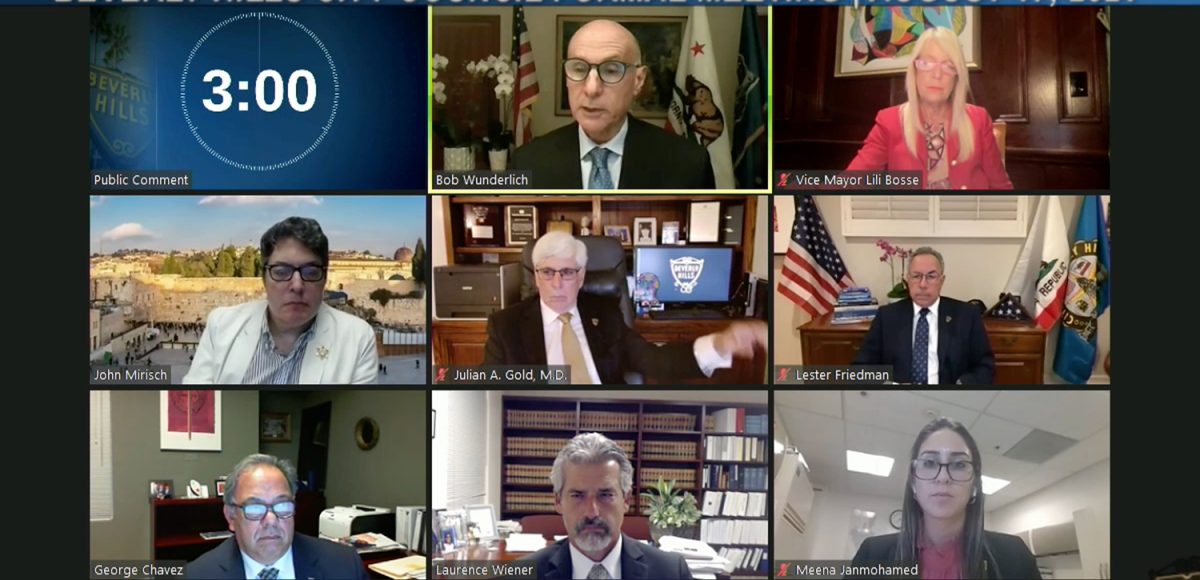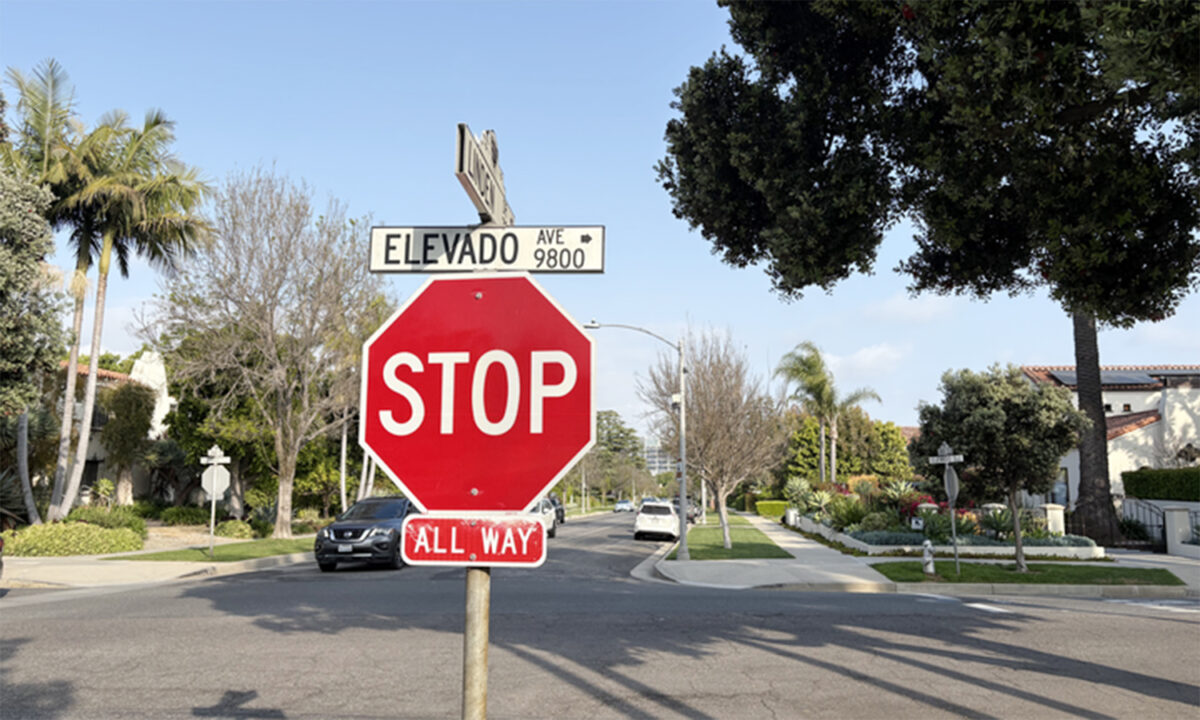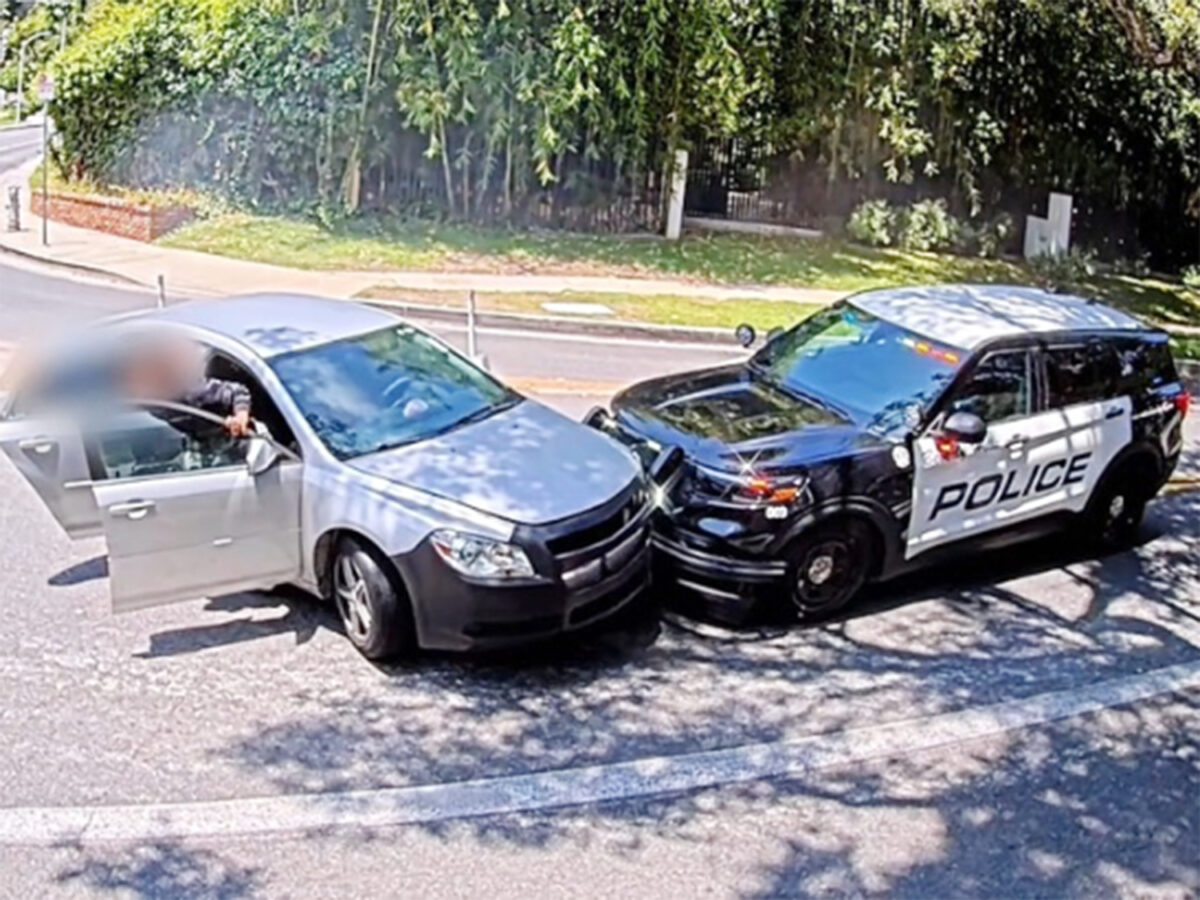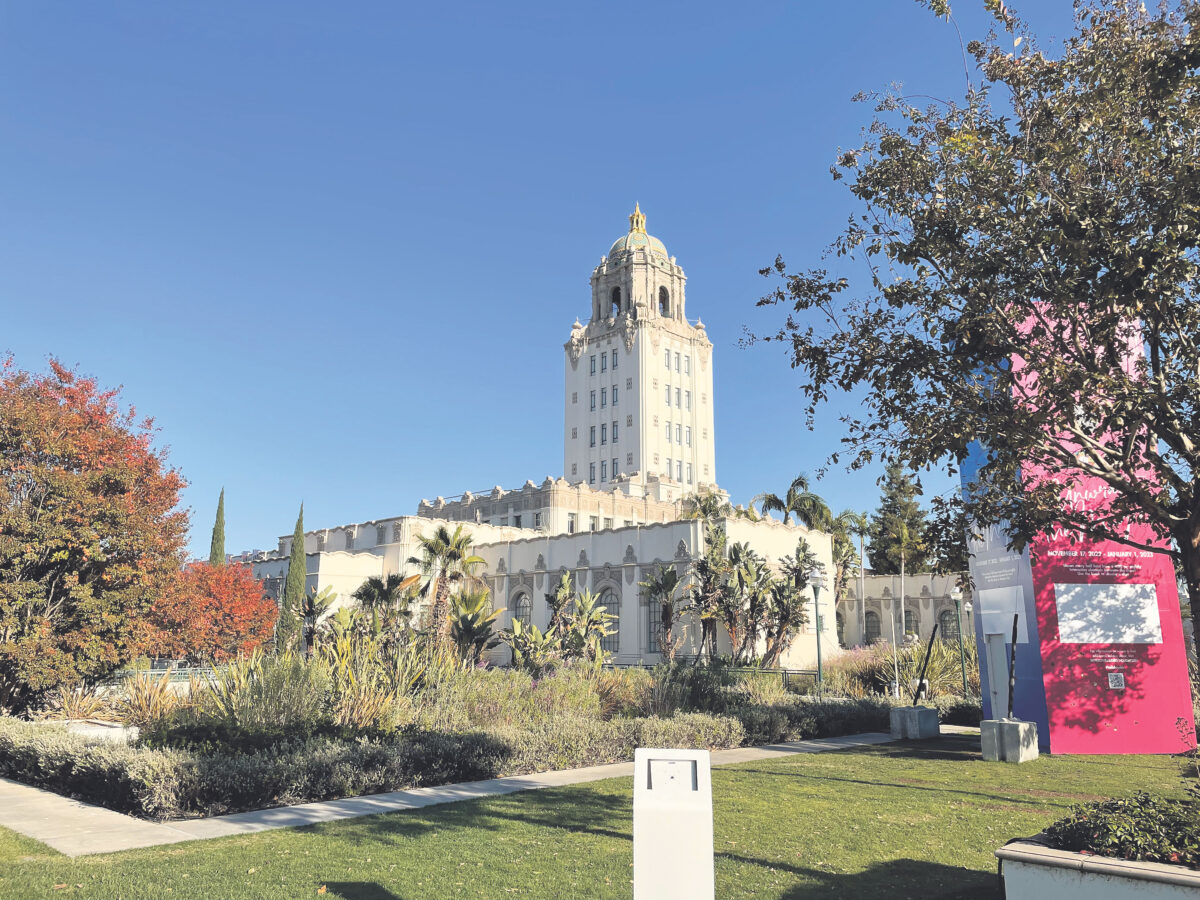The Beverly Hills City Council grappled with how to address the highly infectious Delta variant of the novel coronavirus at an Aug. 17 meeting, opting not to take any action while Los Angeles County weighs additional restrictions of its own. The Council delegated Mayor Robert Wunderlich to write a letter to the county in support of county-wide restrictions for vaccine requirements. This comes as Los Angeles County passes the grim milestone of over 25,000 deaths to COVID-19.
The Los Angeles County Board of Supervisors approved a motion on Aug. 10 to direct the County Department of Public Health (Public Health), along with others, to provide a report on possible proof of vaccination requirements for access to certain indoor spaces. The motion requested the report by Aug. 24 at the latest.
If the Board of Supervisors passes an ordinance codifying the restrictions, it would only apply to unincorporated parts of the County. If Public Health issued a public health order, however, it would apply to all parts of the county under the jurisdiction of the county’s public health department, including Beverly Hills.
Dozens of businesses in Los Angeles have taken the initiative and instituted proof of vaccination requirements of their own. Businesses in Beverly Hills seem not to have followed suit. In an interview with the Courier, Beverly Hills Chamber of Commerce President and CEO Todd Johnson could not think of any establishments in the city currently requiring proof of vaccination or a negative COVID-19 test.
Institutions and governments around the state have started requiring employees to get vaccinated. On Aug. 4, Los Angeles County Board of Supervisors Chair Hilda Solis issued an executive order requiring the county’s 110,000 employees to provide proof of vaccination by Oct. 1. The Los Angeles City Council unanimously passed a similar ordinance on Aug. 18, giving city employees until Oct. 5 to be fully inoculated unless they can show medical conditions or “sincerely held religious beliefs” that stops them from doing so. Santa Monica has indicated plans to require the vaccination once it receives approval by the U.S. Food and Drug Administration (FDA).
“How can we ask Angelenos to be vaccinated if we are not doing it ourselves?” City Council President Nury Martinez said on Aug. 18, when the L.A. City Council passed vaccine requirements for employees. “We need to set the strong example for our communities.”
So far, at least New York, San Francisco, and New Orleans have issued mandates requiring proof of at least partial vaccination for certain indoor activities like dining or getting drinks.
The Council heard data on vaccination rates among city employees. City Manager George Chavez shared that 670 of the city’s 1,012 employees responded to a voluntary survey, with 78% indicating they had received the vaccine. For comparison, the West Hollywood City Council reviewed results of a similar survey at its Aug. 2 meeting in which 92% of respondents reported being vaccinated. Santa Monica announced on July 27 that 59% of the city workforce had reported being vaccinated.
Councilmember Julian Gold expressed concern about issuing “blanket pronouncements” requiring employees to get the vaccine.
“If it’s true that a quarter of the workforce is not vaccinated and there was a mandate that said, effectively, you can’t come to work if you’re not vaccinated, could we run the city?” he said.
Council members unanimously expressed frustration at those who have chosen not to get vaccinated and urged unvaccinated residents to get the jab. “It just amazes me that people don’t want to do it,” Councilmember Lester Friedman said, decrying the politicization of vaccines. “It’s just the right thing to do. You’re helping yourself; you’re helping others.”
Gold worried that if Beverly Hills became an island of stricter vaccine requirements at a time when restaurants are still struggling, diners and other patrons would simply seek out establishments outside of the city.
“We know that our restaurants are having a hard time getting workers, so if now, all of a sudden, [patrons] have to show a card [and] they don’t want to do it, then they go to the restaurant where they don’t have to show it,” he said.
“We are looking to you, county, to guide all of these cities so we have a common path forward,” Gold said. “We’re looking to you, because you’ve got all the experts and all the rest. We’re looking to you to provide us guidance about how we can keep our city safe and we want it to be consistent throughout the county.”
While the Council now looks to Public Health for its marching orders, only last year the Council bristled against moves by Public Health to restrict all in-person dining, both indoor and outdoor. Public Health issued the mandate on Nov. 24, in the midst of the county’s worst wave of infections. In response, the Beverly Hills City Council passed a resolution rebuking the agency and calling on staff to explore the possibility of creating a Beverly Hills public health department, describing the Public Health order as ungrounded in data.
Councilmember John Mirisch came out strongest in favor of new restrictions, advocating for requiring city employees to get vaccinated or submit to regular testing and having certain businesses require proof of vaccination for access to indoor spaces.
“I actually think this will help our restaurants, it will help our businesses, because people will feel secure there, because people will know that it’s safer for them to be there than elsewhere, and it will also be safer for their employees as well,” he said. “We can’t wait for the county to maybe do the right thing in this case.”
The hearing received public input from Dr. Lee Hilborne, Professor of Pathology and Laboratory Medicine at UCLA’s David Geffen School of Medicine and a member of the Beverly Hills Health and Safety Commission. Dr. Hilborne, who also has a degree in Public Health, urged the City Council to take action and require vaccination.
“For the safety and health of our community, there really is no option but to follow the lead of other thoughtful communities and require vaccination, both to prevent transmission and to prevent the emergence of new variants,” he wrote.
In an interview with the Courier, Dr. Hilborne explained that the two-pronged approach taken by some establishments of requiring either proof of vaccination or a negative COVID-19 test comes with dangerous drawbacks. Given the fact that vaccinated individuals can in some cases carry the virus without showing symptoms, unvaccinated people that opt to get tested may find themselves at risk for contracting the virus from an asymptomatic carrier.
Looking at the case of restaurants that require proof of vaccination or a negative COVID-19 test, Dr. Hilborne said, “The risk to the unvaccinated people in that setting is probably greater from the vaccinated people who may harbor a breakthrough infection.”
Still, despite breakthrough cases, the vaccine remains the most potent form of protection from the novel coronavirus. Statistics released by Public Health on Aug. 14 showed that fully vaccinated people are four times less likely to contract the virus and 14 times less likely to become hospitalized as a result of infection.







